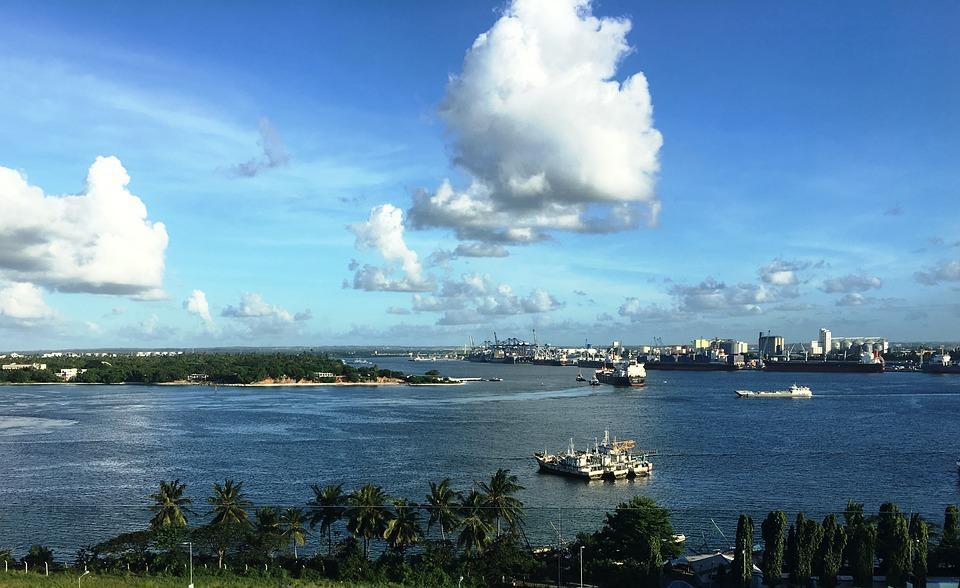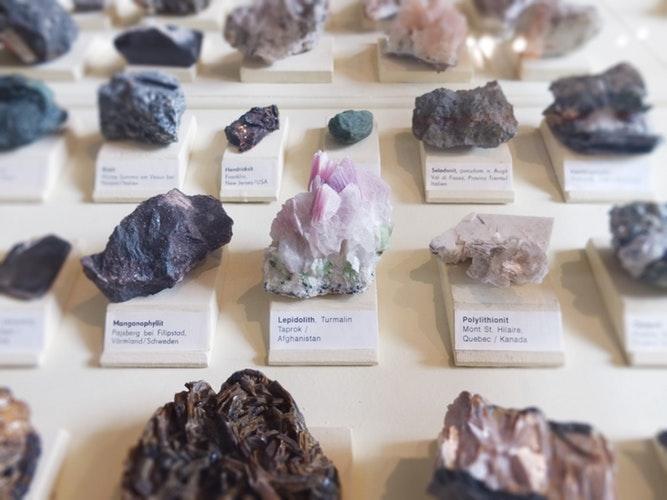Why Dar Es Salaam
Tanzania enjoys an abundance of natural wealth which offers tremendous investment opportunities for investors. These include an excellent geographical location; arable land; mineral deposits and raw materials supply, a sizeable domestic and sub regional market; abundant and inexpensive labour; warm friendly people; a suitable market policy orientation and world renowned tourist attractions (the Serengeti, Kilimanjaro, Ngorongoro, and the islands of Zanzibar). The following are among the major reasons why an investor should choose to invest in Tanzania
Strategic location
- The country’s geography is greatly beneficial. Tanzania is connected directly to the Indian Ocean giving it trade links to Asia and sits in between the ocean and 6 landlocked countries (Uganda, DRC, Rwanda, Burundi, Zambia and Malawi) that rely on Tanzania for passage of goods. The country has 3 deep water ports (Dar es Salaam, Tanga and Mtwara) that are servicing the neighbouring countries. Furthermore, its membership to the SADC Free Trade Area and EAC Common Market, with developed rail and road networks, makes Tanzania a natural transportation gateway for East and Central Africa.

- Apart from being a point for passage of goods, Tanzania’s internal production capabilities, driven by rich natural resources, e.g. large size arable land and mineral deposits make it a natural hub for economic activity in the East African Region..
Economic stability with high growth potential
- Tanzania is experiencing sustained economic growth, with Gross Domestic Product (“GDP”) consistently growing at an average of 7% per annum for the last ten years. This is a result of economic reforms and sound economic policies that were introduced since the second half of the 1990’s.
- The largest export contributors continue to be primary commodities, particularly gold, coffee, tea, cashew nuts and cotton. At the same time, the volume of manufactured exports has surged in recent years, with the lion’s share of these exports going to markets within the region. Meanwhile, tourism is Tanzania’s main foreign exchange earner.
- Tanzania recorded a GDP growth rate of 7.0% in the year 2015, making it among the fastest growing economies in Africa. The Bank of Tanzania (BOT) has projected a GDP growth of 7.2% in 2016, driven mainly by strong performance in industry, construction, services, and information and communication sectors. Inflationary pressures continue to ease as inflation dropped to 6.1% in May 2017, compared to 16% and 8% at the end of 2012 and 2013 respectively. This decrease in inflation is due to tight monetary policy and falling international energy and food prices.
Peace and politic stability
- Tanzania is one of the most peaceful and politically stable countries in Africa. Since its independence in 1961, the country has never experienced a civil war or any major internal strife.
- Tanzanians continue to live in peace and with a sense of a common national identity without ethnic division. Since independence in 1961 under the leadership of nationalist Julius Nyerere, Tanzania has witnessed five transfers of leadership through free and fair elections. Since 1992, Presidential terms are limited to two terms, each with 5 years.
Rich natural resources

- Tanzania is endowed with a variety of natural resources including a 1,424 kilometre coastline, enormous arable land, world class tourist attractions, minerals, oil and gas. Available arable land, conducive weather and ground along with surface water provide opportunities in agro-production and agro-processing, livestock farming as well as processing livestock products including meat, milk and leather.
- Tanzania is rich in minerals as well as precious gemstones. Minerals found in Tanzania include gold, iron, silver, copper, platinum, nickel limestone, soda ash, gypsum, salt, phosphate and tin. Gemstones that can be found in Tanzania include sapphire, ruby, emerald, spinel, tanzanite, alexandrite, tourmaline, zircon, aquamarine, tsavorite, spessartite, rhodolite and demantoid garnet. Tanzania has emerged as one of the most important gemstone producing countries in the region.
- The large natural gas reserves that were recently discovered could be the most significant transformative factor on the economy. Currently, the exploration and extraction of the gas reserves are very much in the infancy stage, with a huge potential upside in the near future.
Focus industries
Dar Es Salaam is a major center for Manufacturing, Agriculture & Farming, Mining & Minerals, Leisure & Tourism, Energy & Environment, Real Estate, Oil & Gas, Financial & Insurance Services and Telecom.
Learn about our Focus industries.
